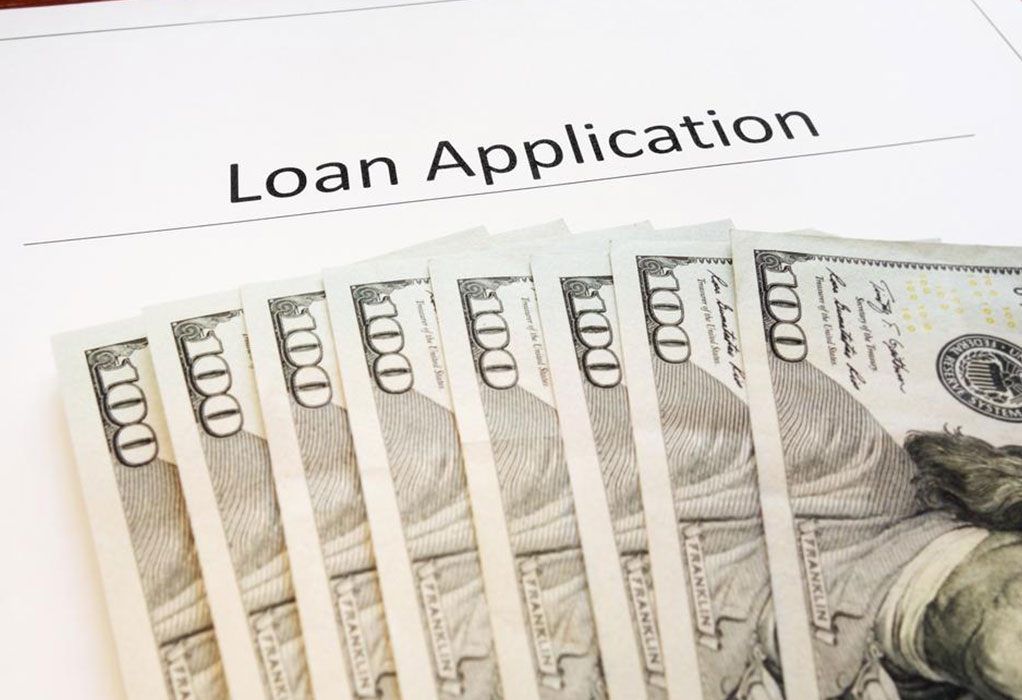Alternative Financing Options for Small Businesses with Poor Credit Scores
Discover alternative financing options for small businesses with poor credit scores, including microloans, merchant cash advances, credit cards, and revenue-based loans. These solutions provide accessible funding avenues when traditional bank loans are challenging to secure. Understand the criteria, benefits, and risks associated with each option to make informed financial decisions for your business growth.

Alternative Financing Options for Small Businesses with Poor Credit Scores
Many assume that securing a business loan is nearly impossible when a company's credit history is unfavorable. However, lenders offer alternative options under different criteria. When a business's credit risk is high, lenders compensate by increasing interest rates and fees to mitigate potential losses. Modern lending platforms now approve loans based on financial forecasts and business progress over the past three years, or through future projections paired with solid business plans.
Options for small businesses with poor credit include:
Traditional bank loans: While banks tend to have stricter eligibility criteria, loans can still be obtained with higher interest rates or increased collateral.
Merchant Cash Advance: This isn’t a traditional loan but a cash flow solution. It provides quick funds, though the high-interest rates can put additional strain on the business if used long term.
Business credit cards: Small companies can easily acquire credit cards to manage operational expenses. Proper repayment improves credit scores over time, especially if payments are made promptly.
Microloans: Sourced mainly from credit unions, these small loans typically under $50,000 are easier to qualify for, with minimal requirements and faster approval processes.
Revenue-based Financing: Companies with at least $1,000 in annual revenue and a credit score of around 550 may qualify. Businesses with consistent sales can benefit from this flexible financing option.










